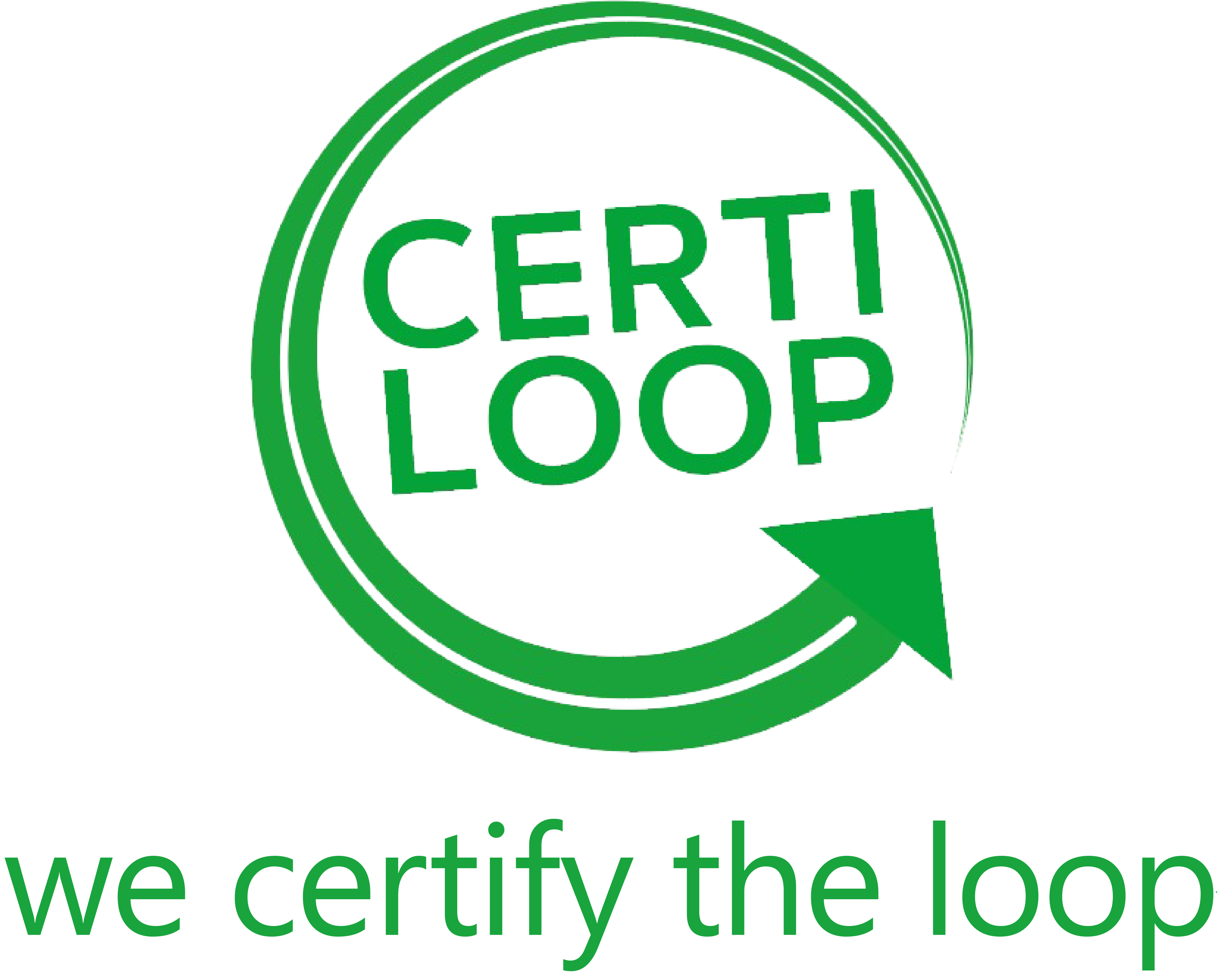
RECYCLABILITY CERTIFICATION
CERTILOOP evaluates the technical recyclability of a product within the framework of the latest technology available, as a result of which it makes a category rating from A to F and issues a certificate under ISO 17065/2012.
The category order within the framework of PCL-02 Design for Recycling Procedure, published by CERTILOOP, ranges from "A" to "F"; where "A" indicates that a product is designed to be fully recyclable, while "F" indicates that a product is non-recyclable and can only be used for energy recovery purposes. If there is a use of recycled raw materials in the product, it can also be indicated by specifying the percentage of the recycled content within the framework of a CERTILOOP certification system.
The recyclability categories

CLASS A
The product is recyclable and, after being recycled back into raw materials, can be transformed into a new product without compromising the quality of the material, completing a closed loop.

CLASS B
The product has some minor recyclability issues, which slightly affects the quality of the resulting raw material after recycling. However, many of the recycled materials in this product still have the potential to complete a closed loop.

CLASS C
The product has recyclability issues that affect the quality of the raw material obtained after recycling or increase the waste rate during the recycling process. Recycled raw material can be used in a cascading open loop if the quality of the recycled raw material is affected, while the recycled raw material can potentially provide a closed loop if it causes material losses.

CLASS D
The product has significant design issues that greatly affect its recyclability or cause large material losses. In both cases, recycled raw materials can only be used in downcycling applications.

CLASS E
The product has significant design issues that compromise its recyclability or cause significant material losses. The product is not considered recyclable and can only be used for incineration for energy recovery.

CLASS F
The product cannot be recycled at all due to fundamental design issues or the lack of dedicated infrastructure for collection, separation and recycling in the EU and Turkey.
As the category degree increases, recyclability also decreases. For example, “Class A” products can be recycled in closed-loop systems such as “bottle to bottle” or “food to non-food packaging.” Even if not classified as “Class A,” open-loop recycling both preserves natural resources and reduces environmental impacts by reducing the use of original raw materials, especially when provided with several cycles of use, as is the case with products designated as “Class B” or “Class C.” "Class D" products, to give an example from plastics, can be used as yarn in textiles, etc., although they cannot be used in a plastic product after recycling.


 Turkish
Turkish